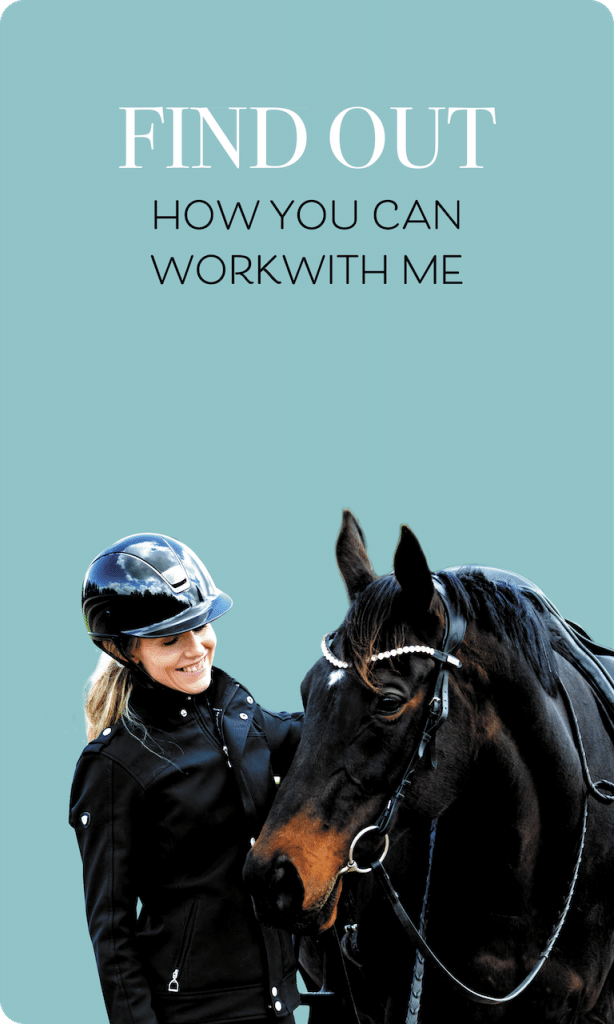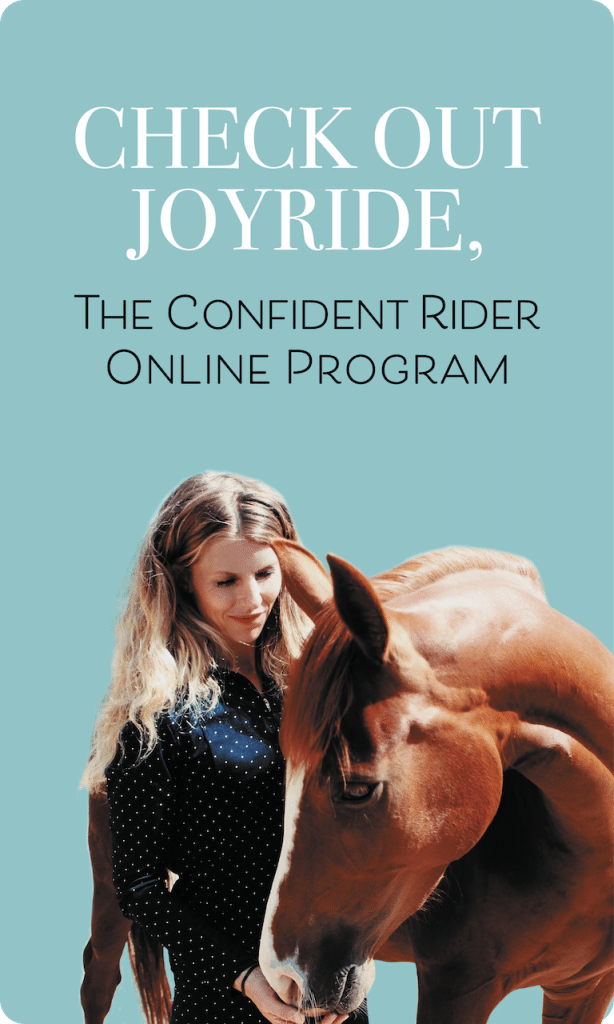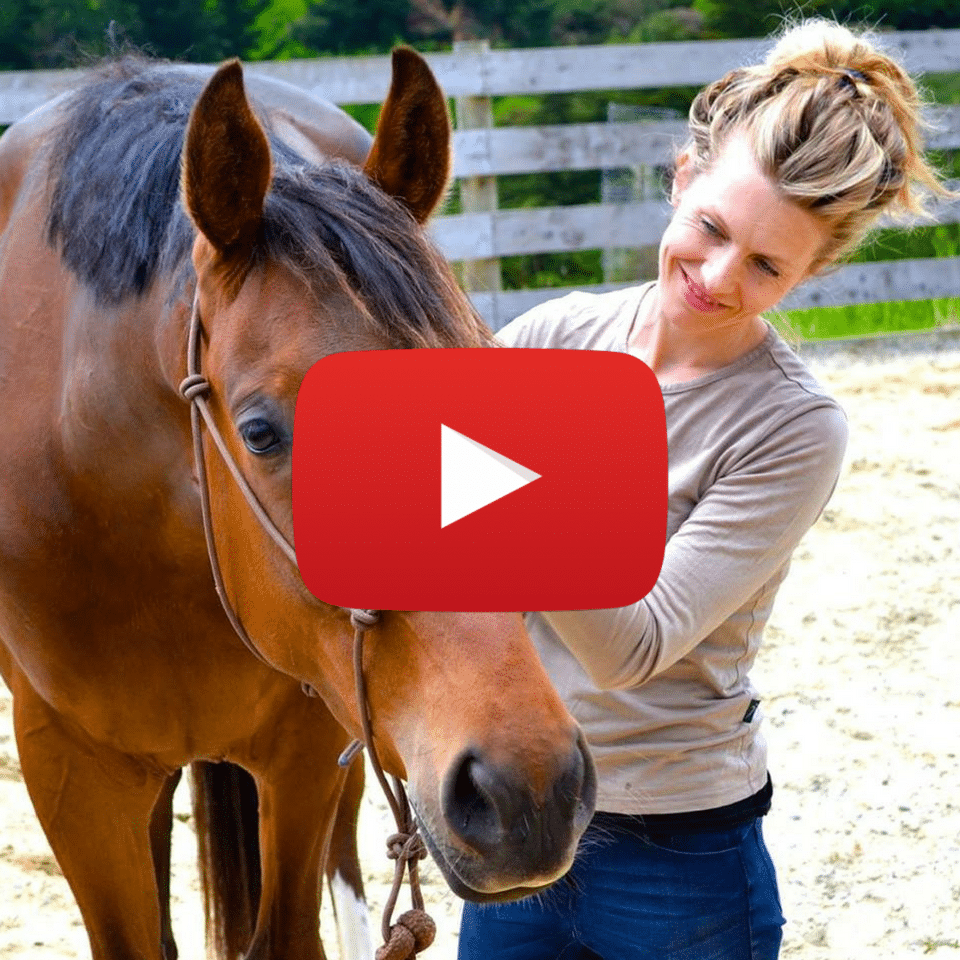Spooking! We had an interesting discussion on spooking last week in Stable Hours (the weekly Live Q&A in my membership group) that brought a few important points to the forefront. This particular question revolved around a situation at a clinic where a water bottle was thrown on the ground, resulting in the horse spooking.
The horse had, by all observations, been relaxed prior to the spook occurring, which raised questions such as:
Had we missed some underlying tension that resulted in the spook?
Was there anything we could do to perhaps prevent the need to spook in the future?
How can we best deal with a spook?
What we call a spook is in nervous system speak a demonstration of the startle response. There are several stages of sympathetic reflex that we move through in our survival nervous system, and the startle is the first. It’s when the brain begins to limit sensory input to a narrow window of focus so we can better assess a potential threat and decide where to take things from there.
Spooking is a healthy, natural, and wanted. In a balanced horse (emotionally and physically) we want them to respond to changes in the environment. It’s the same for humans. A lack of response to my mind is far more concerning than a horse who is noticing what’s going on.
How easily they “come back” and readjust is more of an indication of where they were sitting at the start. If the water bottle was to drop, for example, and they metaphorically hit the roof and it took you an hour to find an even baseline again, this gives you information that their resting point was somewhere up the sympathetic chain. We definitely want to pay attention to patterns. What this conversation revolves around is the often-held desire to eliminate spooking altogether.
What’s important to remember is we train and work with our horses to support, facilitate and promote their natural curiosity, beauty, and aliveness, and to allow for greater balance between us; we are not looking for our horses to flatline.
And if that’s something that *you* require to feel safe to proceed, then that tells you more about the state of your nervous system than it does about your horses.
A healthy state of being is robust, responsive and notices change. A healthy current of aliveness.
Onwards.
❤️ Jane





